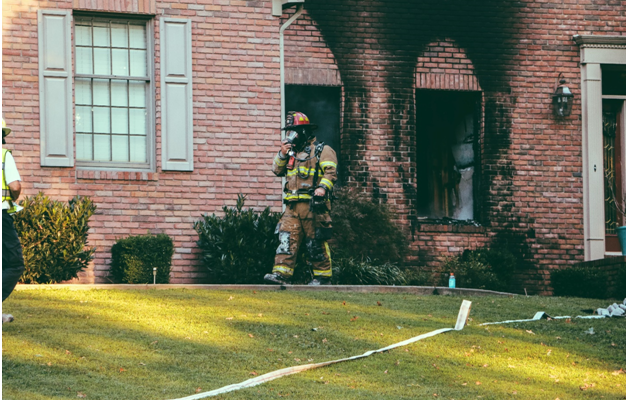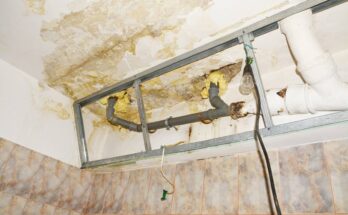Smart smoke detectors operate a lot like the traditional ones. They will sound an alarm if a fire or smoke is detected and warn the residents to move to safety in case of a house fire.
The advantage of smart smoke detectors is that they will notify you on your phone if the alarm is triggered. Even if you’re away from your home, you will still get the notification. They will also inform you if the battery is getting low and needs replacement or if there is an issue with the sensors.
Smart smoke detectors
If you are looking for smart devices to invest in, a smart smoke detector is a worthy choice. Even though the sensors used in the smart smoke detector are similar to those used in traditional smoke detectors like photoelectric sensors and ionization sensors, this is all the similarity that they share.
Smarts smoke detectors have self-testing features that monitor the battery power and sensor function. It will notify you onyour phone if there is any problem. Most smart smoke detectors also have the facility of carbon monoxide detection.
You can get your smart smoke detector integrated with your home automation system. This will allow the smart smoke detector to detect heat and light at faster rates.
How do smart smoke detectors work?
If you want to understand how smart smoke detectors work, view them as Wi-Fi smoke detectors. When the alarm gets triggered, they use the Wi-Fi function and send the notification to the app on your phone.
The most significant advantage here is that if you burn a batch of cookies, you can use the app on your phone to silence the alarm.
It is advisable that homes have multiple smoke detectors, and they should be synced. The purpose of this is that an alarm will sound even if only one smoke detector gets triggered. The notification you will receive on your phone will let you know which of the Smoke detectors detected the smoke.
Suppose you are not at your home, and you get a notification. In that case, you can notify the authorities and emergency services to avoid severe damage to your home and property.
Internet and power concerns with smart smoke detectors
In case your internet service is dead, smart move detectors have workarounds built in them. Suppose the smart smoke detector has been wired into your electrical system, and there is a power outage. In that case, the backup batteries will kick in, and your smart smoke detector will still function.
In case of an Internet outage, many smart small detector models use Bluetooth to send a notification to your phone. Suppose you opt for a smart smoke detector that has phone connection abilities. In that case, it can use standard cellular signals to send a notification to your phone and emergency services.
Focus on your needs and requirements when deciding on a smart smoke detector for your home. Not all smart home automation have cellular connectivity. A few of them may even require a monthly fee or additional devices to use a cellular connection. With that being said, if you live in an area where internet and power outages are common, you should go for a smart move detector with a connectivity option.
Getting a smart smoke detector installed
If you do not know how to install smart smoke detectors, you should get help from a certified electrician. The installation will differ from one smoke detector to another, depending on whether they are hard-wired or battery-powered. The battery-powered smart smoke detectors are very easy to install and do not need the help of an electrician. However, in case you are installing more than one smoke detector in your home, insert the batteries and check the smoke detector before you mount them on the wall.
The hard-wired smoke detectors will require you to turn the power off when connecting the smoke detector to your smart home hub.
It is recommended that the smoke detectors undergo replacement every ten years. Many homes have smoke detectors that are over ten years old, which increases the risk of failure and sensor malfunction. If you already possess a smart home system, you should opt for smart smoke detectors. These will integrate with your smart home system and provide you with additional functionality. Go for a smart smoke detector that works with Wi-Fi and sends notifications on your phone so that damage from a fire can be prevented or kept to a minimum even when you are not home.
The updated building codes, which are said to come into effect from the next decade, need that homes with multiple smoke detectors have the detectors in sync. This will make sure that if one alarm is triggered, all alarms will sound.




